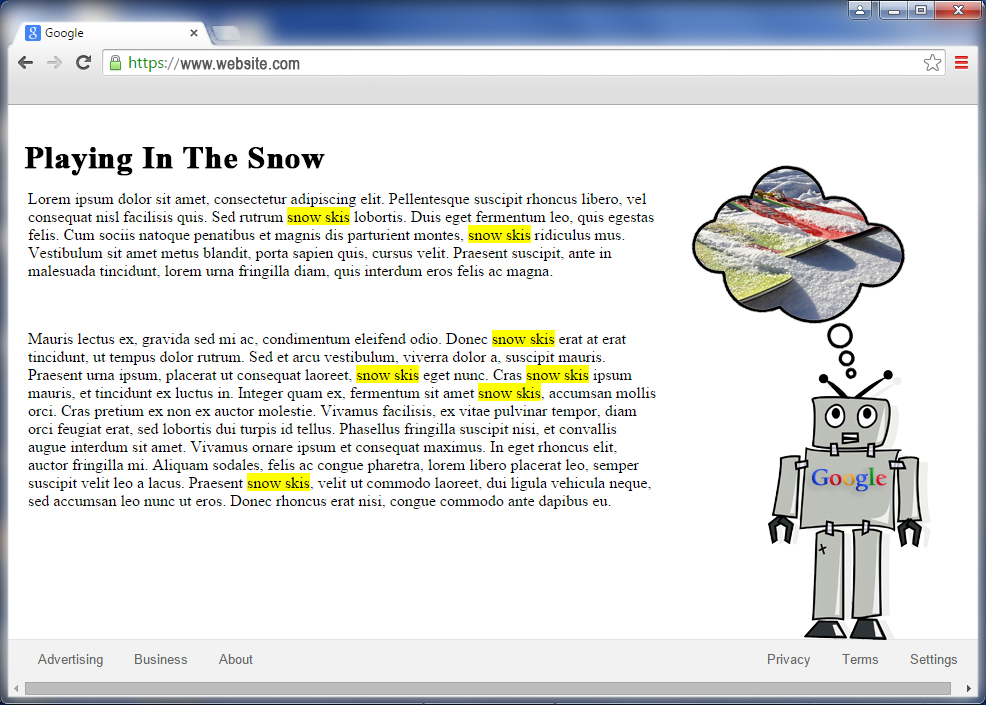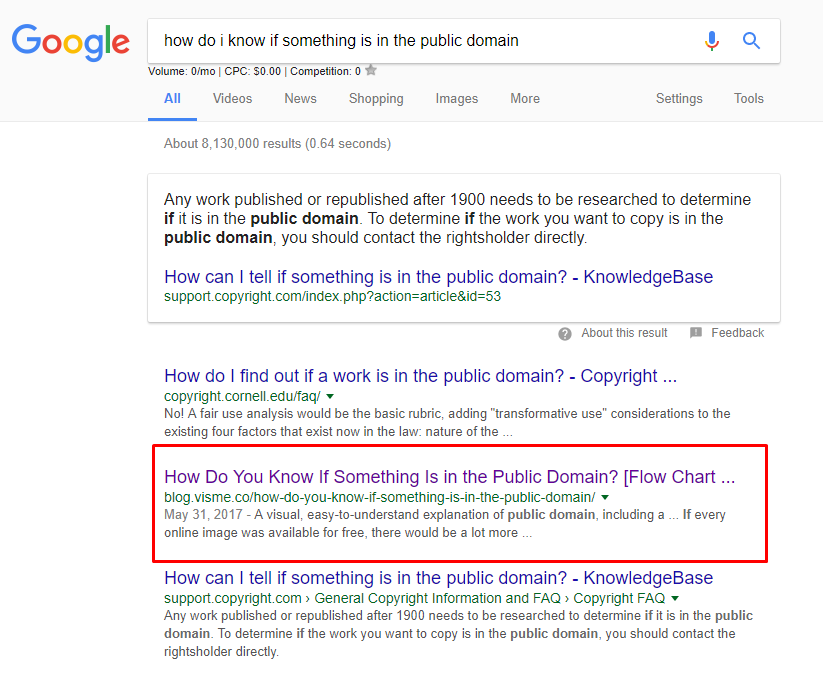
Despite the continuous evolution of the search engines and digital marketing, SEO is still vital to your web presence. If you’re putting something on the Internet, you presumably want people to be able to find it. That means getting as many eyes on it as possible, which means SEO absolutely is something you should concern yourself with.
Over 90% of all online experiences still begin with a search engine. Google itself currently holds 80.5% of the search engine market share, up from just 65.5% in January of 2016. If you don’t want your content to exist in a silo, you don’t just need to focus on SEO – you need to focus on how Google defines SEO.
 Over 90% of all online experiences still begin with a search engine.
Over 90% of all online experiences still begin with a search engine.
The Google Conundrum
But at the same time, this is kind of the problem. The precise way in which Google defines “search engine optimization” is constantly changing. Google itself has never made public exactly how its algorithms determine search rankings. In an effort to prevent people from gaming the system, it instead chooses to release a series of recommendations and best practices that people are strongly encouraged to follow.
In years past, this involved focusing heavily on keywords. This caused SEO’s to treat content as a math problem rather than a valuable resource for visitors. If you had the right keyword density in the right locations, ANYTHING could rank highly — whether it was something your audience was looking for or not.
Old school SEO

Google’s business model depends on being able to help people find the right content for the right problem at the right time. And so search engines – and therefore SEO – changed before our eyes. This didn’t kill SEO, but it has changed it significantly.
Search EXPERIENCE Optimization
In many ways, it may be better to redefine the term SEO itself. Instead of “search engine optimization,” Google would greatly prefer that you focus on “search EXPERIENCE optimization.” Meaning that if you take care of the “quality” part of the phrase “quality content,” Google will take care of the rest.
While “throwing out all of the old rules you used to follow” is undoubtedly disruptive and stressful, in a way it’s also freeing. You can stop publishing 1,000 word blog posts filled with keywords and instead start experimenting with different formats that your users would prefer instead.
Take for example an infographic created with Visme (which I’m the founder of), titled “How to Know if Something is in the Public Domain.” It has been very successful in terms of both shares and search engine rankings because it checks a few different boxes, all at the same time.
The infographic’s share counts

And rankings

It initially attracted attention because it’s visually attractive and solves an important problem for the reader. It’s also “evergreen” in that it solves a recurring problem, so people often bookmark the infographic and come back to it later for future reference.
If this were still 2002, however, it might not have attracted that initial burst of attention — certainly not enough to go viral — because it didn’t fit into the “SEO” box of the era.
That’s not to say that the infographic was successful in spite of SEO. It was absolutely successful because of it. It’s just that as SEO continues to evolve, content must evolve with it.
These days, whether you’re talking about a blog post, an infographic, a presentation, or whatever, it doesn’t actually matter. There’s no longer a “one-size-fits-all” approach to attracting attention via search engines. Yes, that can be frustrating if you’re looking for one solution that you can replicate again and again. But it shouldn’t be. Google doesn’t want you to work like that and your audience doesn’t, either.
The Self-Fulfilling Prophecy of Modern Day SEO
To that end, it isn’t that SEO “doesn’t matter” in the modern era and that content is king. In truth, SEO has become content and vice versa.
SEO has always been a fluid concept, constantly in a state of flux. Recent (and impending) changes to the algorithms of search engines like Google do not change this. It’s just that as Google’s algorithm gets smarter and more complex, coupled with advances in voice search and keyword strategy, quality itself has become the major determining factor when generating search results.
When you consider how far Google’s search algorithm has come in even just the last five years, it’s easy to picture a day where marketers may not even have to think about SEO at all but rather just focus on quality. Google has been working on this goal since the 1990s — and we’re getting closer every day.
